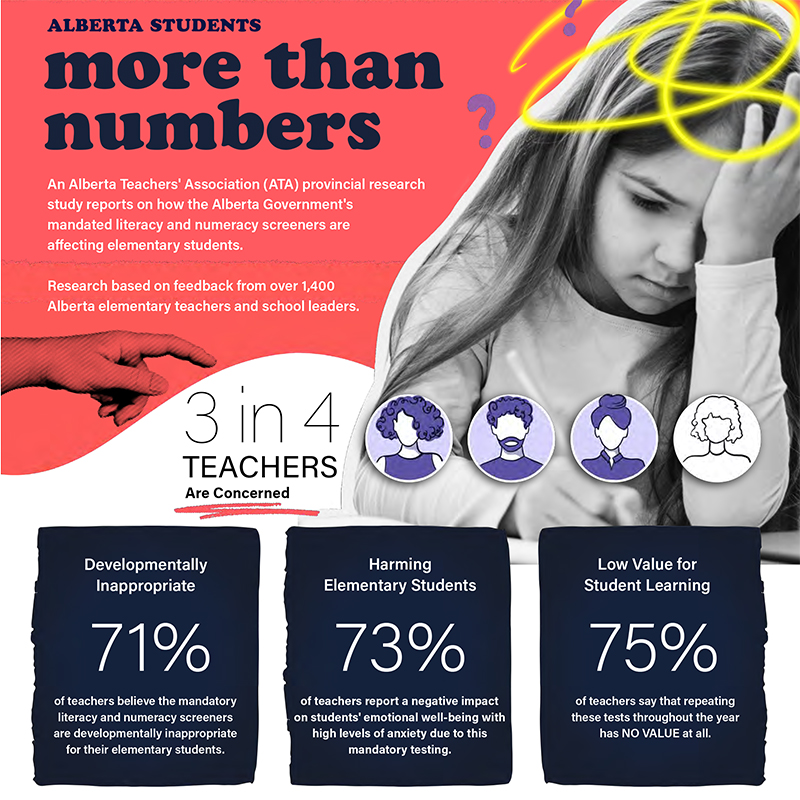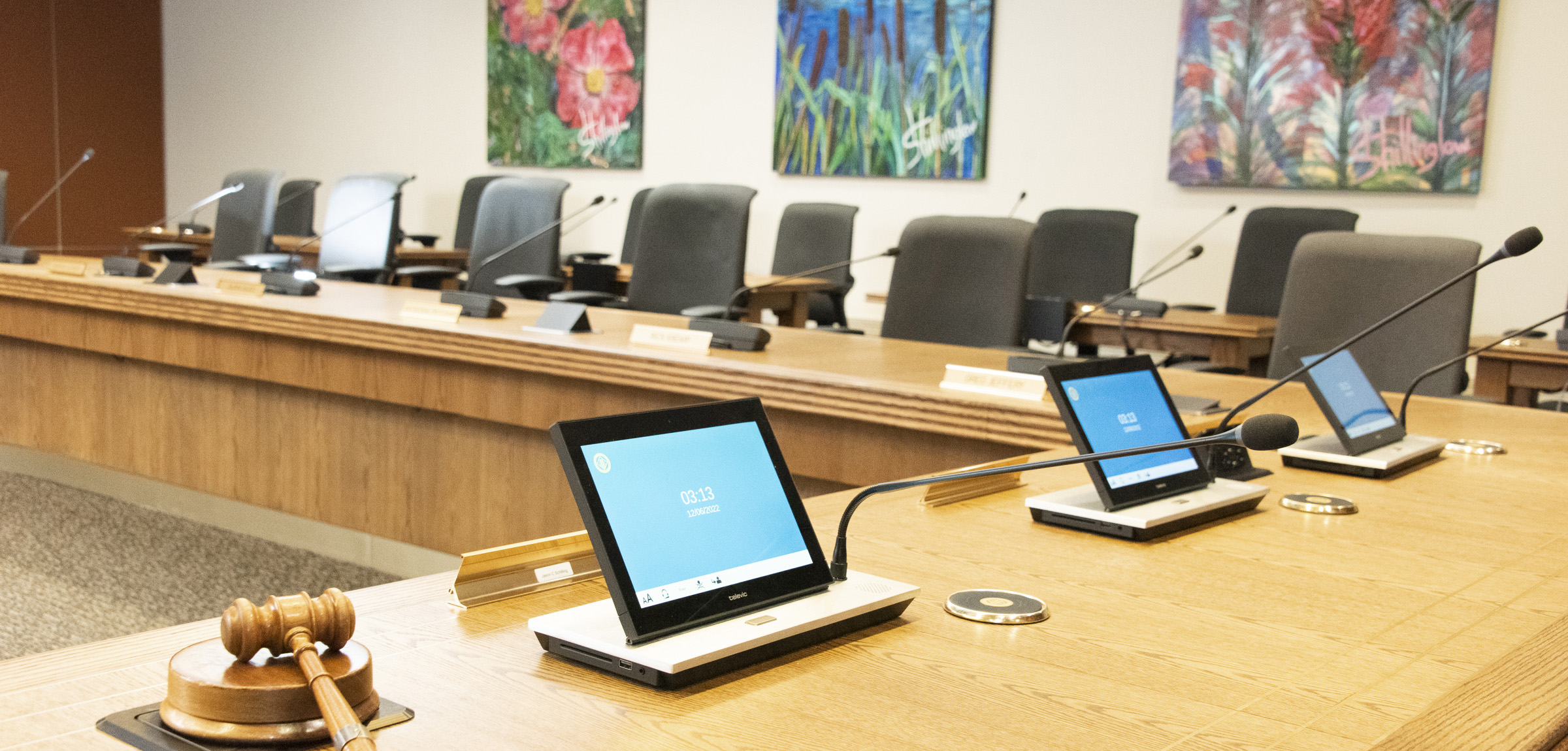Standardized assessments for kindergarten to Grade 3 students in Alberta could soon be mandated by law.
Introduced by the provincial government on November 3, Bill 6, the Education (Prioritizing Literacy and Numeracy) Amendment Act, would amend the Education Act to legally require standardized tests in literacy and numeracy for kindergarten to Grade 3. This requirement would apply to all public, separate, francophone, charter and accredited independent school authorities, as well as independent early childhood services operators.
A statement from the government asserted that the assessments would help identify complex learning needs, with priority placed on reading and math to ensure students receive appropriate supports early on.
“Alberta’s classrooms are more complex than ever, and our teachers need the right tools to support every student,” said Demetrios Nicolaides, minister of Education and Childcare. “By identifying learning needs early, these screeners will help us address complexity head on and ensure that children with diverse and complex needs get the help they need to thrive.”
Currently, K–3 literacy and math screeners are required by policy. If passed, Bill 6 would enshrine these assessments in law. The bill also sets out a requirement for school authorities to share the testing results with both parents and the Ministry of Education and Childcare. Further, the ministry would be required to publish an annual report on the assessment data and could request individual student results from school authorities.
While specific details regarding implementation are not included in the bill itself, the government stated that the assessments would be administered under the current schedule: fall and winter screenings for Grades 1–3 (with an additional spring screening for students requiring extra support) and a winter screening for kindergarten students.
Bill 6 garners some support, raises questions
Supporters of the legislation emphasize the importance of promoting strong literacy and numeracy skills at an early age. Some comments, however, suggest that assessment alone is not sufficient to ensure students are well supported.
“Early screening is an essential part of an equitable approach to literacy instruction,” said Alicia Smith, executive director of Dyslexia Canada. “When it is paired with time, training and support for teachers, it strengthens the education system’s ability to identify and respond to student needs, ensuring that children who require extra help learning to read receive it.”
Critics question the need to legislate K–3 assessments, expressing concerns about the impact of standardized testing on student well-being and teacher workload. ATA president Jason Schilling argued that these tests add bureaucratic measures without addressing the core issues of overcrowded classrooms and underfunded supports for struggling students.
“Teachers don’t need another test to tell us which children need help. We need the resources to help them,” he said.
Schilling also referenced research conducted by the ATA, which shows that a strong majority of Alberta elementary teachers and school leaders believe the assessments are developmentally inappropriate, are harming elementary students and have low value for student learning.
“The ATA recognizes the government’s priority on literacy and numeracy but stresses that lasting improvement will only be achieved when the government actively engages with and listens to teachers and draws on their expertise to shape the supports students need to succeed,” said Schilling.
Should Bill 6 be passed, the legal requirement for K–3 screeners would come into effect for the 2026/27 school year.



